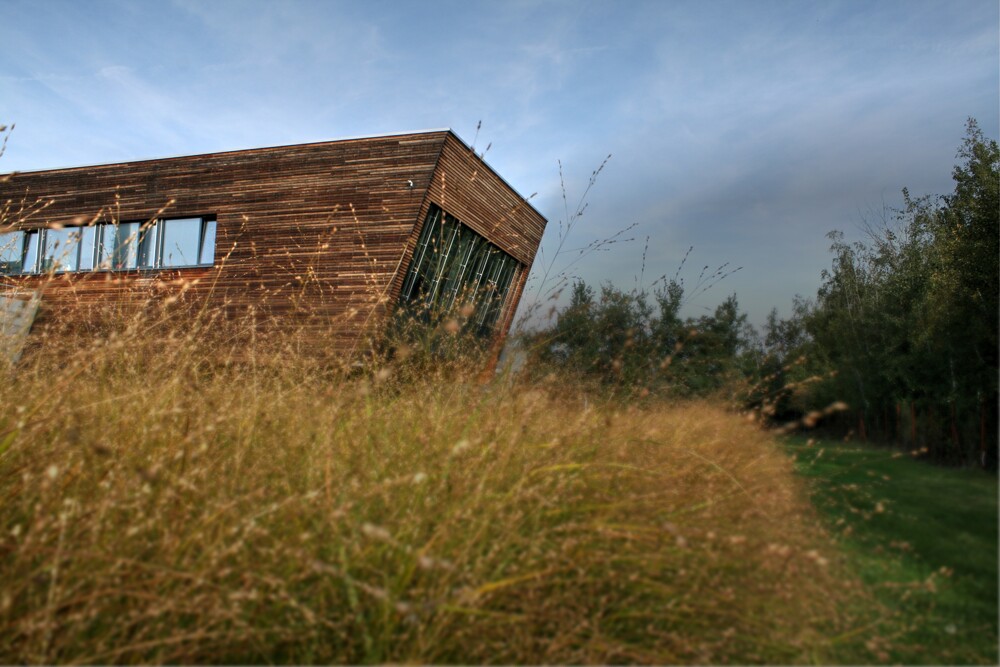

The Mendel Polar Station on James Ross Island, near the Antarctic Peninsula, has been operated by the Masaryk University in Brno for over ten years. CTU UCEEB has been cooperating with her for the third year now, in matters of energy management.
The Czech scientific station JG Mendela is one of the northernmost stations in Antarctica. So far, it is the coldest and least explored part of the Earth, with the highest average altitude and the lowest solar radiation. Nevertheless, the volume of research activities here is growing year by year: new scientific bases are being created and the number of countries participating in terrestrial ecosystem research is also increasing.
Czech scientists use Mendel's polar station for three months - from January to March, during the southern summer. At this time, conditions are suitable for research in the southern hemisphere. The Antarctic climate makes it possible to use wind energy all year round. Nevertheless, the use of solar energy is preferred at the research station. Compared to photothermics, photovoltaics are easier to install and low operating temperatures increase their efficiency. It is in the summer that most people stay here, when the conditions for the production of energy from the sun are most favorable and the weather is clear on most days.
Until 1990, year-round and seasonal scientific bases in Antarctica used diesel generators as the main and often the only source of electrical energy. Today, newly designed stations with minimal energy requirements for operation, which use renewable energy sources and waste heat recovery, have been built there.
Therefore, since 2015, the CTU UCEEB has been successfully providing evaluation of data from the operation of the scientific workplace during expeditions and technical support during the maintenance of the hybrid energy system. In addition, as part of the project, with the support of the OPPIK Innovation Vouchers program, in cooperation with the Czech Antarctic Foundation, UCEEB developed and delivered a custom-made system for the detailed collection of data on energy production and consumption at the station.
The power system of the Mendel Polar Station is based on sources that include diesel generators (one of which is only a backup), a photovoltaic system and wind turbines. Now the majority of the energy for the operation of the base is made up of photovoltaic sources. Experts from the Czech Technical University UCEEB monitored the potential for the development of solar energy and also proposed several partial modifications that will allow the obtained energy to be used more efficiently than before. This is also important from an economic point of view, because the local price of diesel is more than twenty times the Czech price. At the same time, drawing electricity from renewable sources is important above all for the ecology of the Antarctic landscape, which is almost undisturbed nowadays.